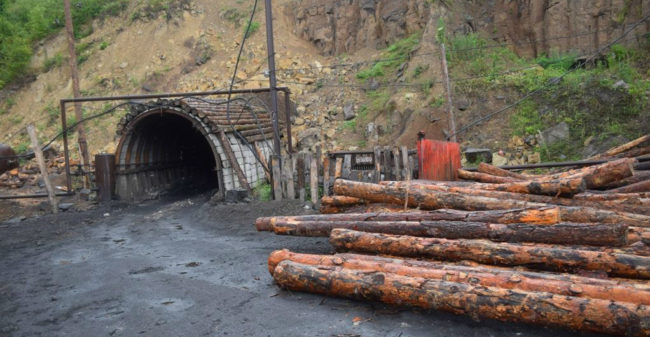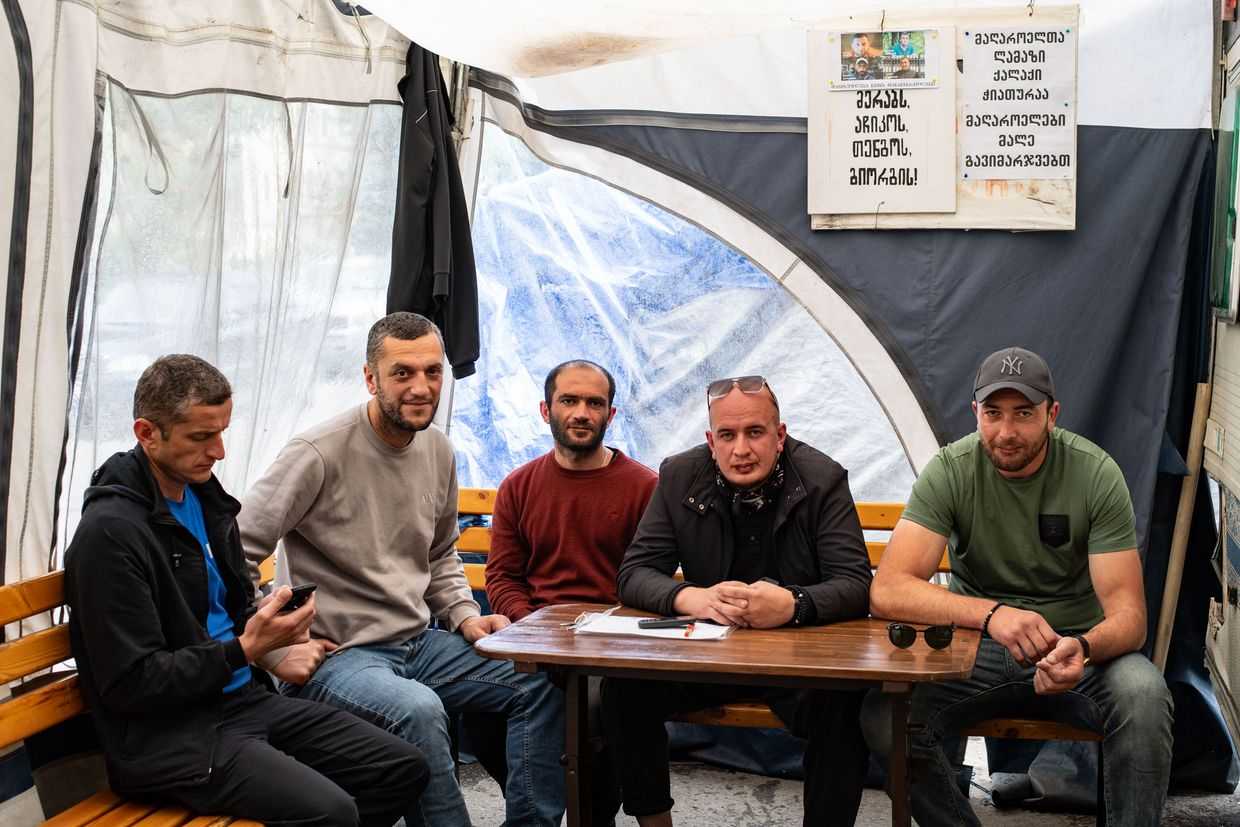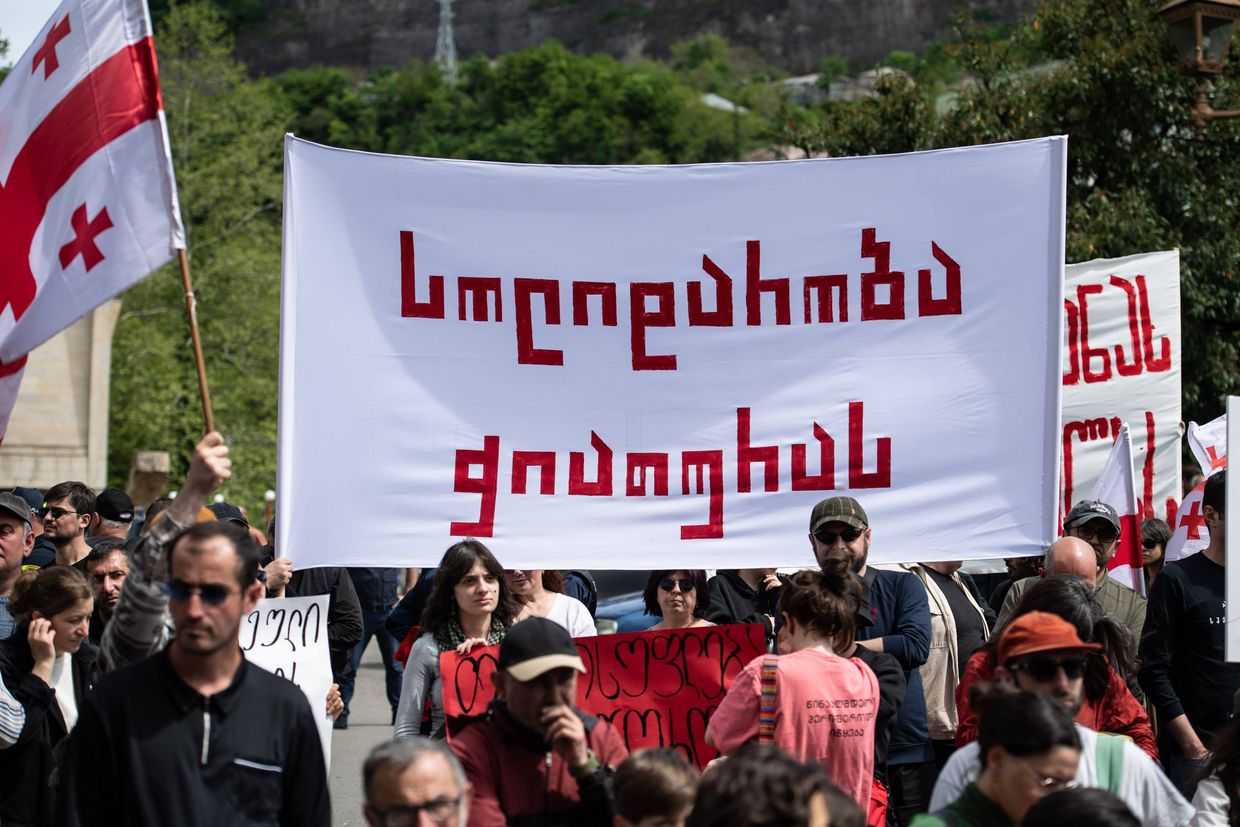

 Mining company Georgian Manganese has expressed concern at the Ministry of Environment’s decision to appoint a ‘special manager’ to the company. They claim that because of the state-appointed manager’s lack of competence, their operations have been ‘paralysed’.
Mining company Georgian Manganese has expressed concern at the Ministry of Environment’s decision to appoint a ‘special manager’ to the company. They claim that because of the state-appointed manager’s lack of competence, their operations have been ‘paralysed’.
The ministry appointed the special manager on 11 May for a period of three years, after a court ruled that the company has created ‘extremely severe ecological conditions’ in Chiatura, an industrial town in central Georgia.
Georgian Manganese operates seven mines in Chiatura, and is a major producer of manganese.
They were fined ₾200 million ($82 million) in 2016 for causing environmental damage in Chiatura, in one of the most notorious cases of its kind in the country’s history.
The Ministry of Environment has said that it appointed the special manager as the company had continued to violate environmental legislation.
‘The company did not eliminate the contamination and degradation of the river and soil, but rather worsened the situation, creating an ecological catastrophe’, the ministry said.
Nikoloz Chikovani was appointed as manager of the company and will be responsible for improving the ecological situation in the town.
‘I am not planning to fire anyone, we will think of a plan with my team to resolve the problems that I was appointed for’, Chikovani said on 12 May.
Georgian Manganese is a subsidiary of Florida-based Georgia-American Alloys, which is registered in Luxembourg. Georgia-American Alloys also owns a ferroalloy plant in Zestaponi, — Georgia’s largest silicomanganese processing plant — and Vartsikhe, a nearby hydroelectric facility that partly powers factories in Zestaponi and Chiatura.
Georgia-American Alloys has said that they are ready to cooperate with the manager to avoid ‘complete paralysis’ of the company.
The company employs more than 3,000 people in Chiatura, making mining vital for the town’s economy.
The company has also faced repeated accusations of employing exploitative labour practices, which labour rights groups allege have led to injuries and death. The company has denied any violations of the law.








